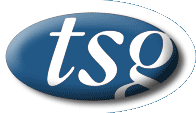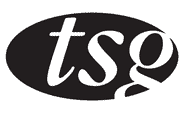|
Service Areas
|
Tax Tips
Registered Education Savings Plans ("RESP's") are a tax-deferral vehicle to save for a child or a grandchild. Even though the payments made into the plan are not tax deductible, the income earned within the RESP is not taxable until it is withdrawn. This allows for faster growth within the RESP, since the income earned in the plan enjoys the effect of tax-free compounding. When the funds are withdrawn from the plan, they will be taxable to the child who receives those funds to attend post-secondary education. The maximum annual contribution in any year is $4,000 per beneficiary. There is a lifetime maximum contribution of $42,000 per beneficiary. If a contribution of less than $4,000 is made in any year, there is no carryover of the amount not fully paid. In other words, if a contribution of $3,000 is made in one year, it does not mean that you can make a contribution of $5,000 in the subsequent year. Each year is limited to $4,000. On the first $2,000 of annual contribution, there is a 20% grant given by the government. This is significant. This means that there is a rate of return of at least 20% on an annual basis. No investment manager can match this. For low-income families that earn under $35,000, the government grant will increase from 20% to 40%. For those families with income between $35,000 and $70,000, the government grant will increase from 20% to 30%. However, this enhanced grant will only apply to the first $500 contributed annually and not on the $2,000 as noted above. An RESP may shelter tax on income for a maximum period of 25 years. However, contributions can only be made to the plan for a maximum period of 21 years. If an over-contribution has been made, it will be subject to a 1% penalty per month, as long as that over-contribution remains in the plan. This is a very useful tool for saving for a child's education. There is a 20% grant by the government that will be taxed at either nil or very low rates when the child eventually goes to post-secondary education. As well, there is usually flexibility built into these plans so that any child can use the plan in case one of the children does not go to a post-secondary institution. TAX TIP OF THE WEEK is provided as a free service to clients and friends of the Tax Specialist Group member firms. The Tax Specialist Group is a national affiliation of firms who specialize in providing tax consulting services to other professionals, businesses and high net worth individuals on Canadian and international tax matters and tax disputes. |


